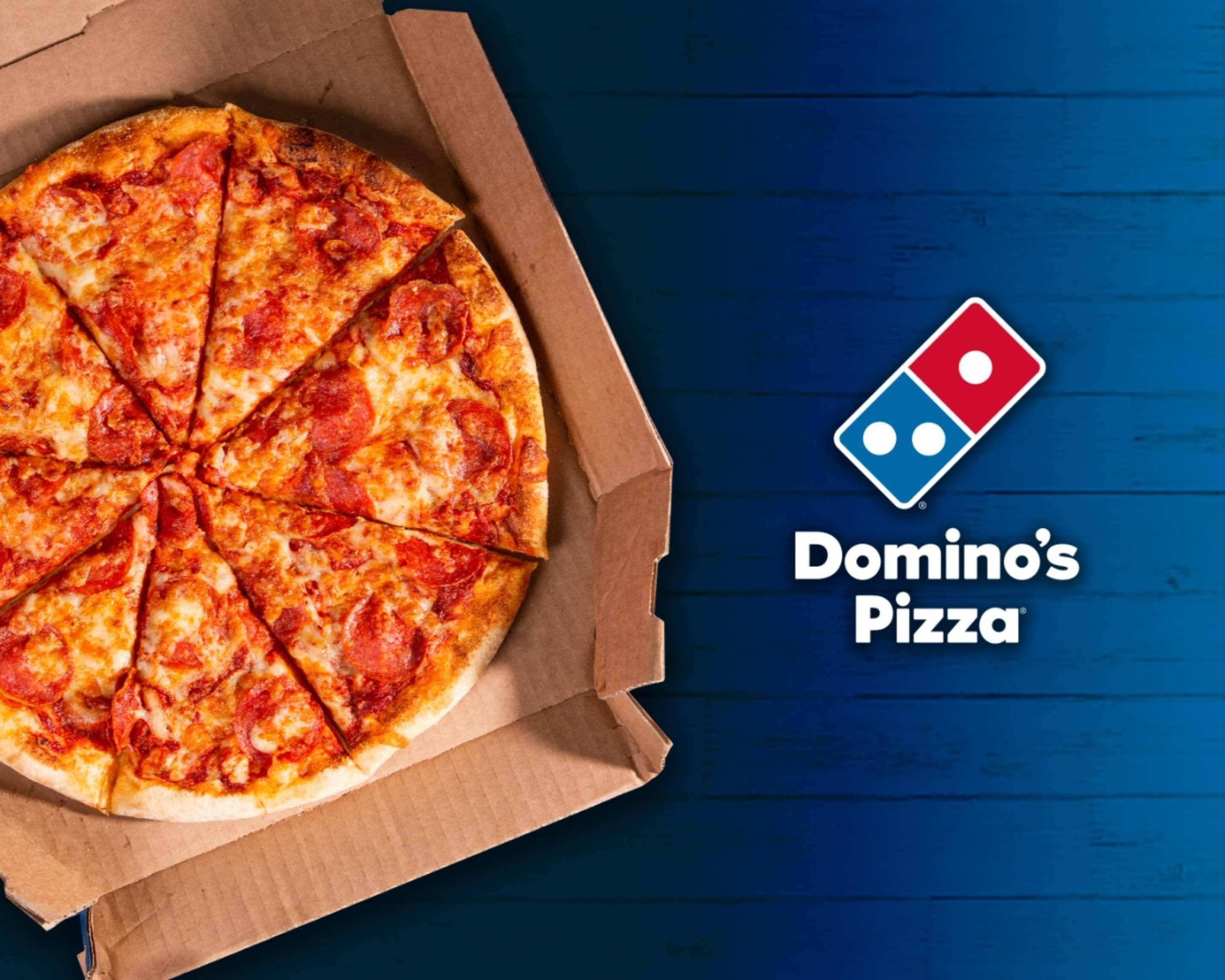
Summary of the Case
The Delhi High Court recently restrained a Punjab-based food chain, "Donito's," from using a name that is phonetically and visually similar to the trademark of Domino's Pizza. The court's decision was based on the claim by Domino's Pizza that Donito's was infringing on its trademark by operating under a name that could cause confusion among consumers. Donito's was found to be operating six outlets in various regions of Punjab.
Key Points of the Court Order
Intellectual Property Rights and Trademarks
Intellectual property rights (IPR) protect creations of the mind, including trademarks, which are essential for distinguishing goods and services in the marketplace. Here is a brief overview:
Legal Framework in India
Expanding Boundaries of Trademarks
Conclusion
The Delhi High Court's decision in favor of Domino's underscores the importance of trademark protection and the legal recourse available to trademark owners against infringement. It highlights the need for businesses to be vigilant about their intellectual property rights and take necessary actions to protect their trademarks from unauthorized use, ensuring that consumers are not misled by similar marks.
Authored by: Ansh Verma,
Symbiosis Law School, Noida
N-55, Sri Niwas Puri, New Delhi 110065
ireneslegal9@gmail.com
+91 995 378 5058
Copyright © ireneslegal.com. All Rights Reserved.
Designed by Questend India Pvt Ltd